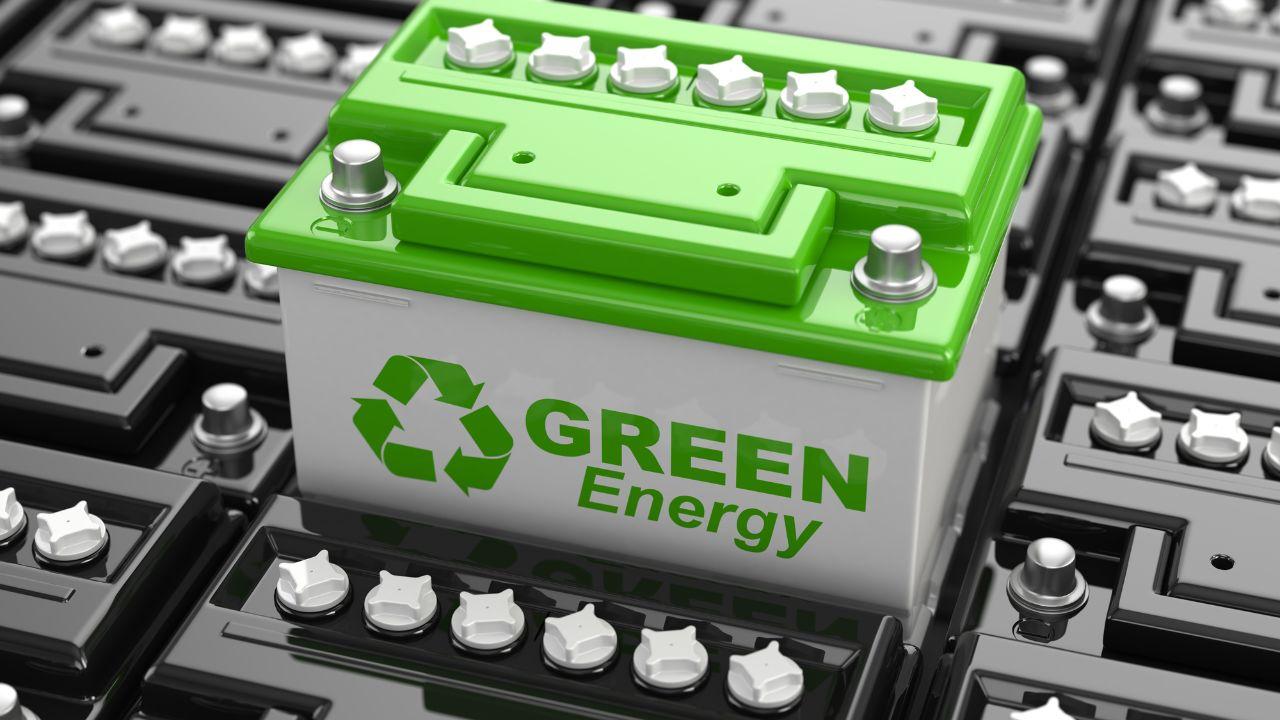Growth and Opportunities in the South Korea Battery Recycling Market

The South Korea battery recycling market size was approximately USD 202.47 Million in 2024. The market is assessed to grow at a CAGR of 6.00% between 2025 and 2034, reaching a value of USD 362.59 Million by 2034. This robust growth outlook is driven by the increasing demand for electric vehicles (EVs), stringent government regulations on waste management, and a strong push towards achieving net-zero carbon emissions.
As one of Asia's most industrially advanced nations, South Korea is making significant strides in managing the environmental impacts of its technological and automotive sectors. Battery recycling has become a focal point of its sustainability agenda, aiming to reduce dependency on raw material imports, mitigate environmental hazards, and create a circular economy for battery materials. In this blog post, we explore the driving factors, technological advancements, regulatory landscape, key players, and future prospects shaping the South Korea battery recycling market.
1. Market Overview and Current Landscape
Battery recycling involves recovering valuable metals such as lithium, cobalt, nickel, and manganese from used batteries and reintroducing them into the supply chain. South Korea’s battery recycling industry is gaining prominence due to its rapidly expanding electric vehicle sector and widespread adoption of consumer electronics that use rechargeable lithium-ion batteries.
In 2024, the market was valued at around USD 202.47 million. This valuation is expected to nearly double by 2034, highlighting the sector's increasing importance. Domestic companies have begun ramping up operations, innovating recycling methods, and forming strategic partnerships to secure a competitive edge in this growing field.
2. Key Growth Drivers
a. Electric Vehicle Boom
South Korea is home to some of the largest electric vehicle and battery manufacturers in the world, including LG Energy Solution, Samsung SDI, and SK Innovation. The EV boom has led to an exponential increase in the demand for lithium-ion batteries, and consequently, a surge in battery waste.
By establishing efficient recycling facilities, the country aims to recover valuable resources and reduce dependence on imports of raw materials, especially in light of geopolitical uncertainties affecting global supply chains.
b. Environmental Regulations and Government Initiatives
The South Korean government has implemented stringent environmental policies to manage hazardous waste and encourage recycling. Under its Green New Deal and carbon neutrality roadmap, battery recycling is a strategic priority.
Subsidies and tax benefits are provided to recycling companies, and Extended Producer Responsibility (EPR) laws ensure that battery manufacturers contribute to recycling efforts. These regulations are expected to foster a favorable environment for market growth.
c. Resource Scarcity and Supply Chain Security
Critical minerals such as lithium, cobalt, and nickel are limited in availability and concentrated in specific regions, making their supply chain vulnerable to political and economic disruptions. Battery recycling offers a way to secure a domestic supply of these essential materials.
Recycling also reduces the environmental impact of mining, such as water usage, land degradation, and carbon emissions, aligning with global sustainability goals.
3. Technological Advancements in Battery Recycling
South Korea is investing heavily in next-generation battery recycling technologies. Two main approaches dominate the landscape:
a. Pyrometallurgical Processes
These involve smelting battery waste at high temperatures to extract metals. While effective, this method consumes a large amount of energy and releases greenhouse gases.
b. Hydrometallurgical Processes
This method uses chemical solutions to leach metals from battery waste. It is considered more environmentally friendly and has a higher recovery rate. Many South Korean companies are focusing on refining hydrometallurgical techniques to make them more efficient and cost-effective.
Emerging technologies such as direct recycling and automated dismantling systems are also being explored to improve the economics and scalability of battery recycling.
4. Competitive Landscape and Major Players
South Korea's battery recycling market features a mix of established conglomerates and innovative startups. Some of the major players include:
-
SungEel HiTech – One of South Korea’s largest battery recyclers, operating plants domestically and overseas.
-
EcoPro CnG – A key player known for its environmentally friendly recycling techniques.
-
Hyundai Glovis – A logistics arm of Hyundai Motor Group that has entered the recycling domain to build a closed-loop system for EV batteries.
These companies are actively forming joint ventures and partnerships with global automotive and battery giants to expand their capabilities and market reach.
5. Challenges Facing the Market
Despite its potential, the battery recycling market in South Korea faces several challenges:
-
High Initial Investment: Setting up state-of-the-art recycling facilities involves high capital expenditure.
-
Collection and Logistics: Ensuring an efficient system for collecting used batteries is still a work in progress.
-
Regulatory Compliance: Navigating environmental and safety regulations can be complex and time-consuming.
-
Technological Barriers: Not all battery chemistries are easy to recycle, and continuous R&D is needed to improve recovery rates.
6. Future Outlook and Opportunities
Looking ahead, the South Korea battery recycling market holds immense promise. Key opportunities include:
-
Export of Recycling Technology: As global demand for battery recycling grows, South Korean firms can export their technology and expertise.
-
Integration with Renewable Energy: Used EV batteries can be repurposed for energy storage in solar and wind power systems.
-
Digitalization and AI: Automation, AI-driven sorting, and smart logistics can improve efficiency and reduce operational costs.
With government support, corporate investment, and technological innovation, the country is well-positioned to become a global leader in sustainable battery recycling.
- Art
- Causes
- Crafts
- Dance
- Drinks
- Film
- Fitness
- Food
- الألعاب
- Gardening
- Health
- الرئيسية
- Literature
- Music
- Networking
- أخرى
- Party
- Religion
- Shopping
- Sports
- Theater
- Wellness


